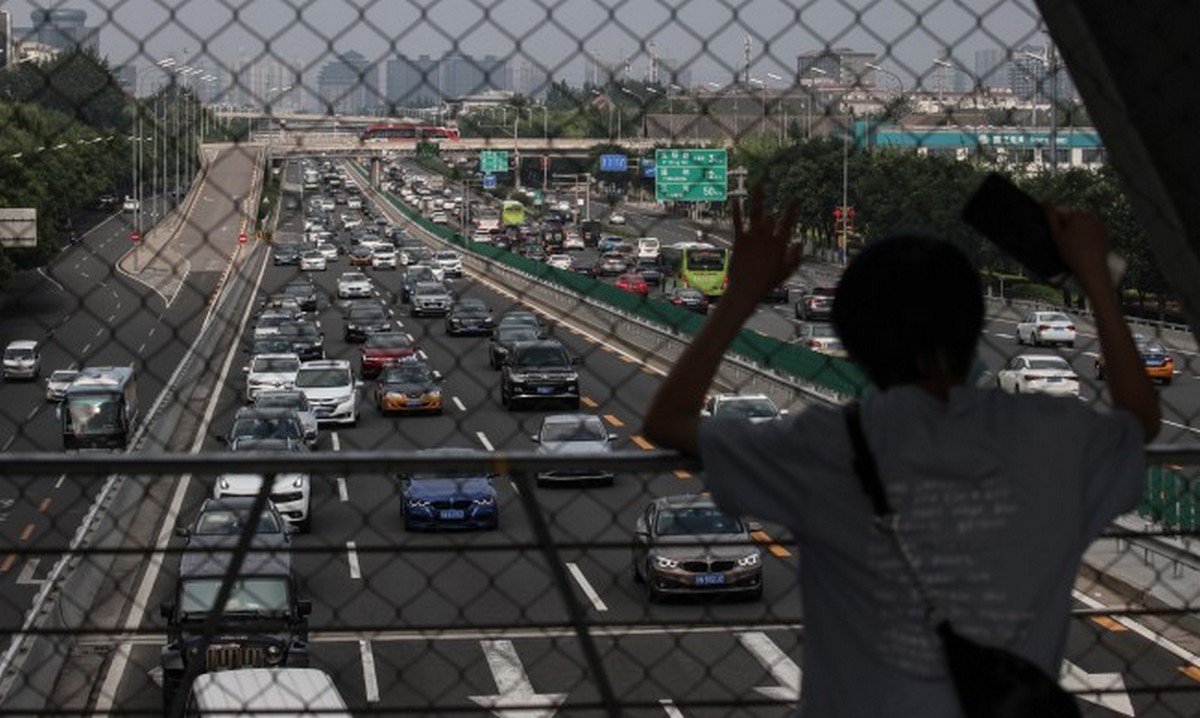China has taken a new approach to increasing the number of vaccinated people. The goal is 80%, and to achieve it the authorities have introduced a number of bans. Unvaccinated citizens will not be able to use public services, including hospitals, schools and homes for the elderly.
Over the past week, dozens of district authorities in at least eight provinces have issued warnings warning citizens who must be immunized by the end of July or beginning of August, after which they will face various restrictions in their daily lives.
“Everyone is responsible for preventing and controlling the epidemic and vaccinations, starting with me!” – It is said in one of the campaigns published in Dinnan County of Jiangxi Province, where about 220,000 people live. The message added that “in principle” unvaccinated residents will be denied access to schools, public transport and medical institutions, as well as other institutions and services from July 26.
The push of local authorities to increase vaccination rates began after the ruling Communist Party set its goal of achieving so-called “collective immunity,” a point where enough people were either infected or vaccinated to stop the spread of the disease in society. This should happen by December this year.
Because China has greatly limited the spread of the virus, many people do not see the need for vaccination. The bad experience with local vaccines many years ago also contributed to public distrust of drugs. Several recent local outbreaks, including in the northern provinces of Anhui, Liaoning and Guangdong in the south, have heightened fears of infection, leading to rapid vaccination in the affected areas.
To convince more people, government officials have started walking around the neighborhood, trying to persuade people to get vaccinated, with vaccination sites offering a variety of incentives, from shopping coupons to free food and ice cream.
Experts warn that many residents who have not yet received their first dose will be harder to reach, especially in rural areas, prompting local authorities to take more drastic measures to ensure collective immunity.
“All of these strategies they have used to involve people in vaccination may not work in the next phase of vaccination,” said Yangzhou Huang, a senior fellow at the Global Health Council. “Mandatory immunization may be the only working solution to the problem,” he added.
Source BGNES

